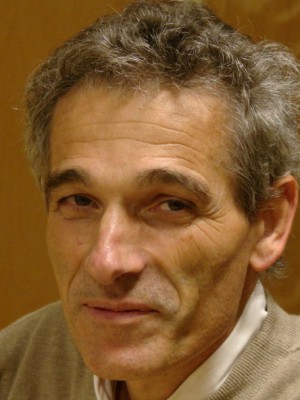abstract
The present work explores the preparation of fayalite alpha-Fe2SiO4, the iron-rich end-member of the olivine solid-solution series, as a tar removal catalyst for biomass gasification. The synthetic procedure was developed starting from the stoichiometric mixture of hematite and micrometer size silicon carbide and employing thermal treatments in controlled atmospheres at 1000-1100 degrees C supported by thermodynamic modeling to assess the required redox conditions. The treatments in dry and humidified inert gas yielded phase mixtures containing metallic Fe as one of the main phases, thus emphasizing a shortage of oxygen supply. XRD and TGA studies of precursor mixtures on heating in dry CO2 demonstrated a multistep mechanism of the overall reaction including (a) fast reactivity between silicon carbide and hematite at similar to 920 degrees C with formation of metallic Fe and amorphous silica followed by (b) formation of fayalite involving oxygen supplied in the form of CO2 and competing with (c) over-oxidation to thermodynamically favorable Fe3O4+SiO2 mixture. Comparative studies of reactivity in powdered and pelletized samples emphasized the importance of the kinetic factor in the formation of Fe2SiO4 while preventing further oxidation. The preferential formation of fayalite in the CO2 atmosphere is shown to be favored by shorter treatments of compacted samples at higher temperatures. The procedure was designed (2-step heating to 1100 degrees C in CO2 followed by fast cooling) for the preparation of pelletized fayalite alpha-Fe2SiO4 catalyst with only minor traces of surface over-oxidation which can be suppressed by adding 10vol.% of forming gas to CO2 flow.
keywords
TAR REMOVAL CATALYST; BIOMASS GASIFICATION TECHNOLOGY; FLUIDIZED-BED; NANOCRYSTALLINE FAYALITE; STEAM-GASIFICATION; HIGH-TEMPERATURE; HIGH-PRESSURE; OXIDATION; OLIVINE; GAS
subject category
Materials Science
authors
Pinto, RG; Yaremchenko, AA; Baptista, MF; Tarelho, LAC; Frade, JR
our authors
acknowledgements
Fundacao para a Ciencia e a Tecnologia, Grant/Award Number: PTDC/CTMENE/2942/2014, UID/AMB/50017/2013 and UID/CTM/50011/2019



